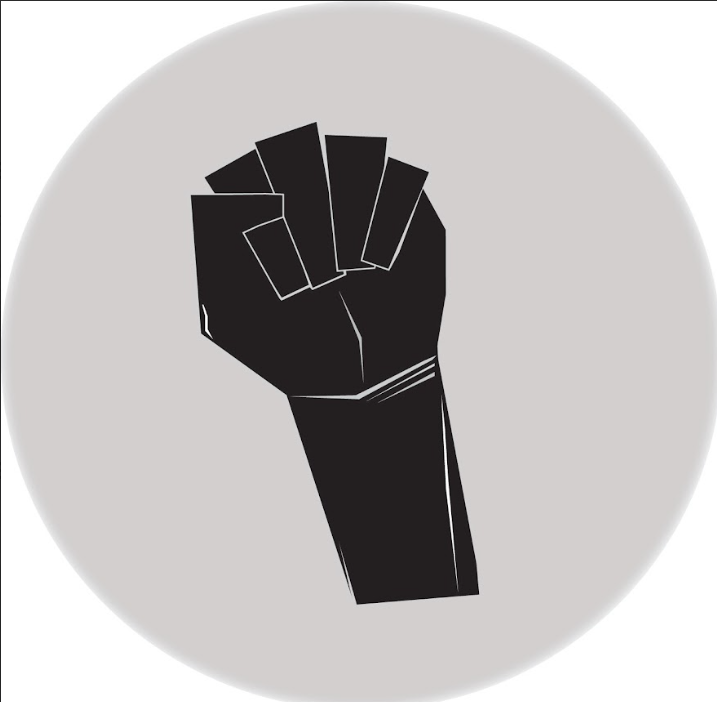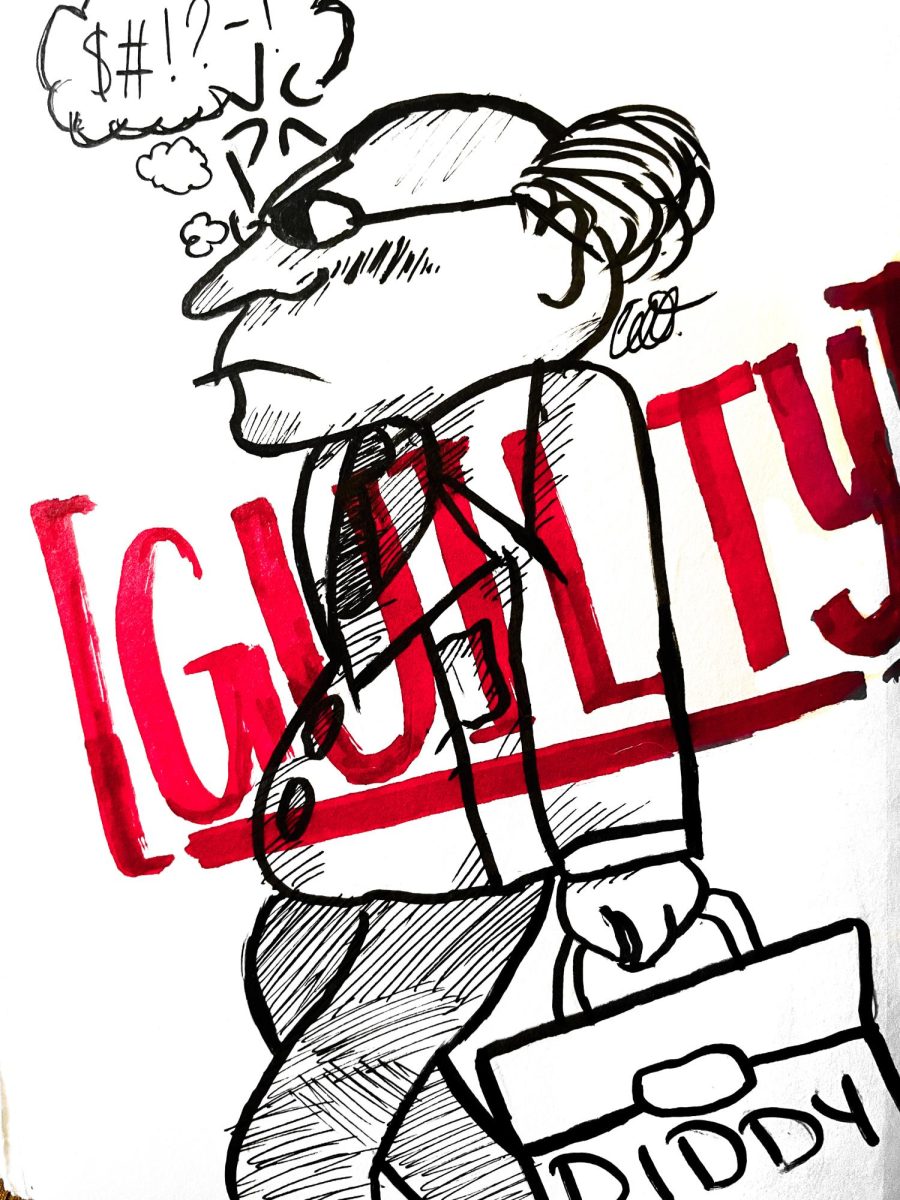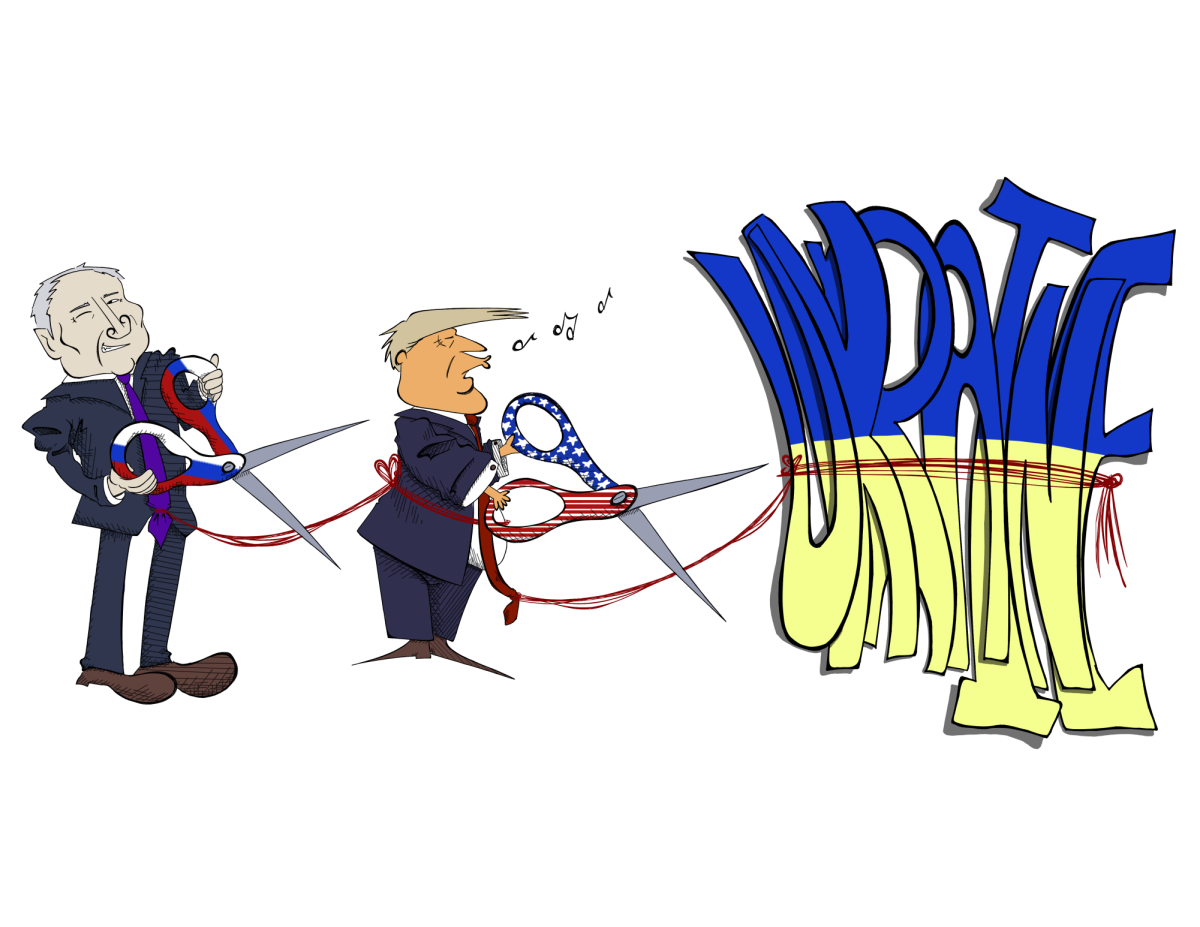Humanity is no stranger to struggles against oppression and fights for liberation, and the social justice movements that we learned about in history are now taking place before our eyes. However, there is one major difference between the past and the present: the internet.
In the age of the internet and social media, the news of nearly anything happening around the world spreads with the literal press of a button. When something particularly atrocious happens, posts and videos detailing the news begin circulating around Instagram, TikTok and X in an effort to spread the word. Sometimes, people share these posts in order to raise awareness, and sometimes people share them because they merely want to look like they care. Creating awareness and speaking out against injustice in the age of social media has given way to a new term: performative activism.
Performative activism is defined as “a form of activism used to increase one’s social capital or personal gain rather than genuine support towards a movement, issues or causes,” and we have seen several instances of it recently throughout social media. The most notable example was during the height of the Black Lives Matter movement in 2020, when people reposted black squares on their Instagram feeds as a way of standing in solidarity with the movement and Black individuals across the country. Additionally, people made the Black power fist their profile picture, and #BlackLivesMatter was in the bios of everyone who claimed to align themselves with leftist views. That lasted for about three months before these hashtags disappeared, profile pictures were replaced and black squares were deleted from Instagram feeds — despite Black people still actively protesting against injustice.
This form of “activism” did absolutely nothing for the movement or for Black people’s fight against oppression. While Black people were still faced with racism and harassment because they dared to protest against police brutality, these social media activists were able to return to their normal lives. They stopped posting and raising awareness about what was happening, feeling like they had done enough to show that they cared. In wanting to be on what they deemed the right side of history, people showed how shallow and insincere they were when it became evident that they only wanted to make themselves look good.
Performative activism often rears its head when there is violence taking place in a different part of the world; take what is currently happening in Palestine and Israel, for example. Over the past week, Instagram stories and X feeds have been flooded with posts and threads about the topic. Within several of these posts has been one specific claim: that Hamas, an Islamist militant movement that governs the Gaza Strip in Palestine, beheaded 40 Israeli babies. This claim was reposted all throughout social media, reported by many major news sources and even backed by U.S. President Joe Biden without a shred of evidence. Come to find out, the evidence does not exist.
In the days since this claim went viral, “The Israeli government has not confirmed the specific claim that Hamas attackers cut off the heads of babies during their shock attack on Saturday,” which contradicts said claim from the Israeli Prime Minister’s office that has been spreading throughout social media. Additionally, “Israeli officials have not released any photographs of the incident either.”
Despite these statements indicating the likelihood of the “40 beheaded babies” claim being false, the damage is done, and the people who took in that information without doing any fact-checking now believe the violence and bombings Israel is committing in Gaza are justified. Misinformation can do irreversible damage to a movement or cause, and now innocent civilians are paying the price for sheer carelessness.
Activism via social media has been a learning process for our generation, and this process has not come without its faults, one of which is performative activism. Performative activism, however well-intentioned, holds no weight when it is evident that the person cares more about their reputation than the cause they are advocating for. Furthermore, performative activism easily becomes a vessel for misinformation when the people attempting to raise awareness do not care to check if the news they are spreading is legitimate.
So before you post the next image you come across on your Instagram feed in an effort to seem like you care about an issue, simply because everyone else does, ask yourself this: who are you performing for?











